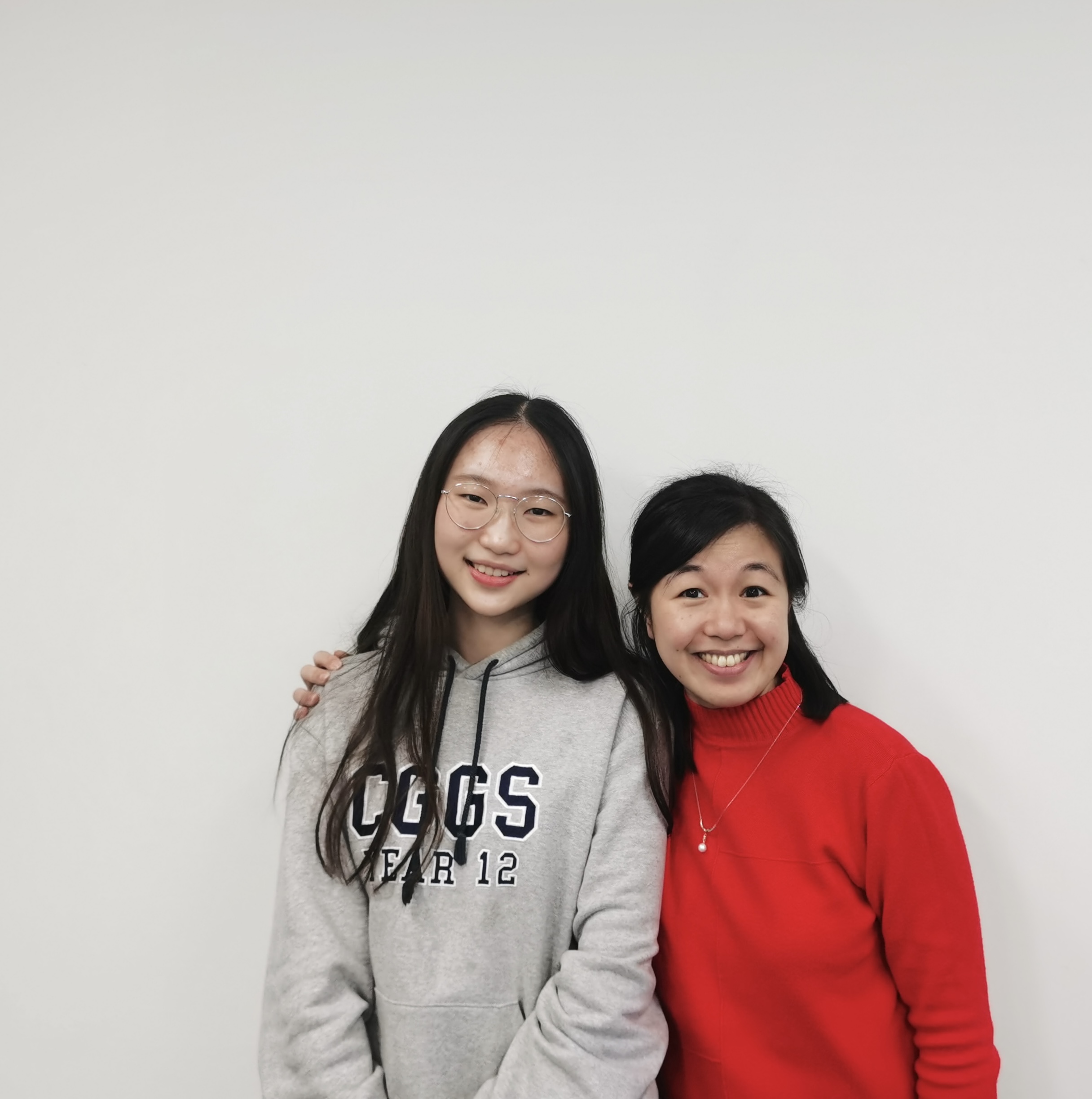Before I began my journey with Edcellent at the start of Year 12, I have always perceived EAL as a strenuous subject that requires memorisation of essays, sentence starters and pre-planned structures. Every time I am instructed by my teacher to read a text, I simply skimmed through it without thinking about the author’s message and intention. In the preparation of SATS and end-of-year examinations, I solely relied on online resources and summaries. Even with this approach, I managed to achieve As in the Year 11 assessments, yet I have never reached the top marks in my class.
My perception of the subject of EAL completely changed from the moment I joined Edcellent. In my classes with Miss Carlyn, Miss Patty and Miss Black, they emphasised the importance of authentic writing - Instead of using other people’s analysis of the text, we should develop a unique understanding of the book. In the process of trying to ‘think outside the box’, I was able to develop a genuine passion and love for my text and reading it no longer feels like a chore but a treasure hunt, as I am able to find new inspirations and interpretations every time I read it.
Advice #1:
Stand out. Don’t blend in
At the end of the day, the EAL exam is a ranking system. To achieve top marks, you need to stand out from the rest of the state. Because everyone studying EAL has access to the resources and study guides offered by websites and publications, it is crucial that you are able to develop a unique understanding and interpretation of your own text. Remember to think outside the box and no idea is too crazy.
Advice #2:
Be Clear and Concise
Many students studying EAL have the misconception that in order to impress the VCAA assessors, you will need to have a wide range of vocabulary and write highly sophisticated essays made up of fancy words and complex sentence structures. However, VCAA examiners are aware that English is the second language for those of us undertaking VCE EAL, hence it is best to write clearly, concisely and coherently, as what Miss Carlyn always emphasised! I have noticed that many students shoved complex vocabulary in their essays without understanding their meanings within the appropriate context. This will make your essay come across as inauthentic and may possibly leave a bad impression for the assessor.
Contrasting to many beautiful and complex essays that I have read across my time in Year 12, my essays are generally made up of simple, precise vocabulary and sentence structure. With this approach, I am able to ensure that each sentence of my essay makes sense and is closely linked to the topic. I strongly believe that it is the clear and concise nature of my essays that enabled me to achieve full marks for Text Response section in my end-of-year examination.
Advice #3:
Hard work and perseverance will always pay off.
Rome wasn’t built in a day and success in EAL does not come without determination and perseverance. During the year, I set a goal to complete at least an essay for both Text Response and Argument Analysis each week. Even though I struggled to achieve this goal at the beginning as writing an essay can take as long as five hours, with perseverance, I was able to shorten the time through countless practices and positive encouragement of my teachers. By the end of the year, I was able to finish a handwritten text response essay to a satisfactory standard within 50 minutes.
Success comes with meticulous planning and consistent routine. EAL isn’t a subject that you can cram; it is only through accumulated effort and energy that you can achieve progress and development.
Advice #4:
Sharing is caring
One of the biggest advantages of teamwork is that you are able to combine the strength of each member in order to achieve the best outcome. Your friends and classmates are your best resource! Towards the end of the EAL Exam preparation period, I was deeply inspired by my friends as we were able to discuss our own interpretations of the text and learnt from each other. We went through numerous essay prompts on the whiteboard and debated about the best three arguments that we could formulate and the examples that we can use to support each of our arguments. Ultimately, two chopsticks are stronger than one! Don’t be afraid to share your ideas as it is through the process of teaching and learning from your peers that you are able to achieve self-growth and development!
Advice #5:
Trust and support
This is an advice for parents. To be honest, my parents have not been very involved with my VCE studies. They have given me the freedom to choose the VCE subjects that I liked as well as trusting that I will have self-discipline throughout my VCE years. They have not given me any pressure to achieve certain marks but instead just encouraged me to do my best. As a result of the freedom and trust they provided to me, I was able to take control of my own studies as well as set goals and expectations for myself. I think the fact that I am striving to achieve a goal that was set by myself instead of by my parents gave me more motivation to work hard throughout the year.
Stay inspired to empower! Time to create ideas and collaborate with your peers in class with the edcellent teachers!
